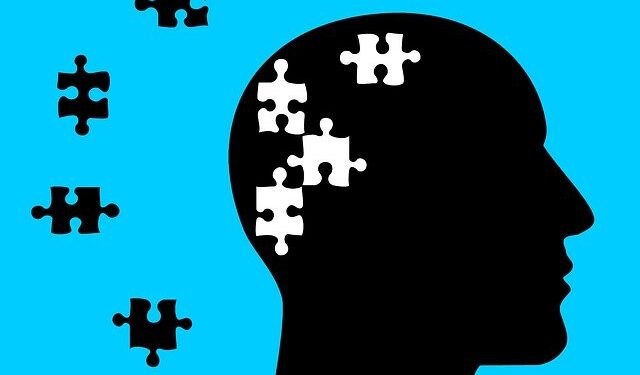“Sometimes self-care is exercise and eating right. Sometimes it’s spending time with loved ones or taking a nap. And sometimes it’s watching an entire season of TV in one weekend while you lounge around in your pajamas. Whatever soothes your soul.” Nanea Hoffman
Living through this pandemic has been a swirl of emotions unlike any other. What started off as the world thinking this was not going to last more than 2 weeks, has now revealed itself to be a complete paradigm shift into a new world order in many ways. The “new normal”, filled with physical distancing, lack of touch, zoom parties and work from home has us planted in front of our screens more than we could ever imagine. And the result is the kind of social media fatigue that was inconceivable back in 2019 and before.
Between work, mindless scrolling and constant and consistent exposure to negative, heart-wrenching news updates, our screen time is affecting both our physical as well as mental states and as someone who is online a lot of the time, this is what I do to tackle the fatigue:
1. Limit exposure
Monitoring time spent on your screen is the first habit everyone should inculcate. One of the main issues is that both our work and our leisure activities are tied to the phone or laptop or television screen. So it may be helpful to have limits set on your phone for different apps so you can train yourself to stop when you reach your limit. Also, it is important to note that everyone should scroll with purpose. The black hole of time one can fall into because of mindless scrolling is massive. So practicing mindfulness when scrolling and stopping yourself when you’re done with that is essential because as we already know, thanks to documentaries like The Social Dilemma that social media is addictive and these companies use human psychology to control your behavior and keep you coming back for more.
2.Converse Face-To-Face
With the amount we communicate online, one might forget that face-to-face conversation is also an option. Meeting and engaging in meaningful conversation with your friends (in a Covid-appropriate way) will strengthen bonds and expand your mind while also keeping you away from your screen. Healthy debate, a good laugh or sharing your feelings in real-life is something we are moving away from in this “text, don’t call” world, but it is essential to our sustenance because we are social beings.
3.Find Different Non-Screen Activities
It is wild how much 30 minutes of exercise, a walk-in nature, a swim, doing a 1000 puzzle with your family or playing a board game can uplift your spirits. Try and find outdoor activities that are safe and push yourself to do them, even if it requires you to be up early in the morning so that you can explore a cycle trail or go for a nature walk. Doing these non-phone, non-internet activities will force you to put your phone away and you will soon realise that once you are mindfully present in an activity, you hardly miss your phone.
4.Delegate & Automate Where You Can
If you are reliant on social media for your business, the issue of social media fatigue becomes much more complicated because the “unplug” solution doesn’t and can’t apply to you. In this case, try to limit your exposure by delegating equally among your team and use tools available to automate your posting so that you can plan ahead, schedule posts and then be off the screen.
5.Meditate, Rest and Ask For Help
Meditation seems like a vague concept to those who haven’t tried it, but ask anyone who has and it they will tell you that it is life-changing. A few minutes of meditation will help you with focus, clarity and peace needed to tackle this constant barrage of information and the resultant overstimulation. Also, listening and paying attention to your body and physical signs is essential. Rest and sleep is not for the weak or the dead, it is the need of the hour for us, the living. If your eyes are burning, itchy or dry, if your head hurts or you have neck and back pain, all of these things are results of being infront of the screen endlessly. So everyone must listen to their body’s cues and pause and rest once in a while.
Lastly, if you are constantly being triggered online or are dealing with increasing anxiety or burnout, reach out for professional help. It will only do you good. Collectively, we are all suffering from social media fatigue in some shape, way or form and considering that this is our reality, we have to now find ways to address it so that we can get the best out of social media, but control its impact on other areas of our lives.
Source: newspatrolling.com









